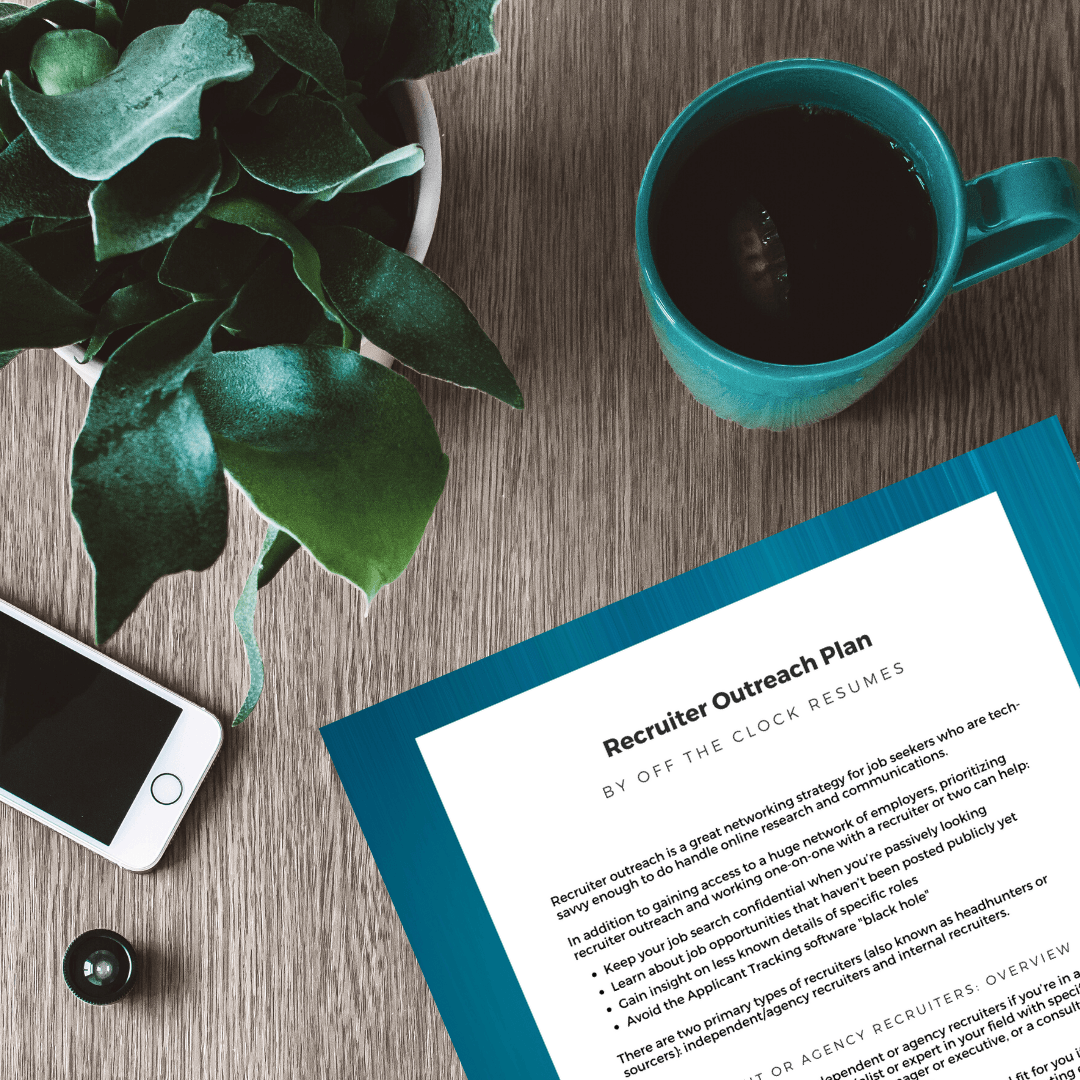
Can My Employer Ask Why I’m Taking A Sick Day?
As an employee, you may find yourself feeling ill and needing to take time off work to recover. When this happens, you may be asked by your employer to explain your illness and related symptoms. While this might seem like a reasonable request, you may wonder whether your employer has the right to ask you why you are sick.
The short answer is: it depends. In general, an employer can ask why you are sick, but they are not entitled to your specific medical information.

This blog contains affiliate links, meaning I may receive a small commission (at no cost to you) if you subscribe or buy something through the links I share. I only share links to products or services that I use myself or absolutely love!
Reasons Why An Employer May Ask Why You’re Taking a Sick Day
Workers’ Compensation
The main reason employers might ask why you are taking a sick day is to determine whether your absence is related to a workplace injury or illness. Under workers' compensation laws, employers are required to provide benefits to employees who suffer an injury or illness as a result of their work.
By asking about your illness or injury, your employer may be trying to determine whether they need to file a report for a workplace incident.
Preventative Measures
Sometimes employers ask to see whether there are any steps they can take to prevent other employees from becoming sick or injured. Employers may be concerned about the impact of your absence on the company's operations and they may want to know how long you expect to be out of work.
Your Rights
If your employer asks why you are sick, you do not need to provide detailed medical information. You are only required to provide enough information to show that you are unable to work.
You might say that you have the flu or that you are experiencing stomach issues, but under law, you are not required to provide information about the specific symptoms you are experiencing or any other medical details. “An employer cannot require employees to disclose specific medical information about their illness or condition,” note employment attorneys at Aegis Law Firm, “This means you do not have to give details on your medical history, diagnosis, or treatment unless you consent to it.”
Violation of Your Rights
If your employer presses for more information, you may need to consider whether your privacy rights are being violated. In general, employers are required to maintain the confidentiality of employee medical information. Your employer cannot share your medical information with other employees or third parties without your consent. This said, there are some exceptions. Your employer may be required to disclose your medical information to government agencies or to comply with a court order.
If you are concerned that your employer is violating your privacy rights, you may want to seek advice from a legal professional. An experienced employment attorney can help you understand your rights and the steps you can take to protect your privacy and your right to compensation if your rights were violated.
Doctor’s Notes
In some cases, your employer may require you to provide a doctor's note to verify that you are unable to work. This is a common practice, and it is typically allowed under employment law. However, your employer is not entitled to the specific medical information contained in the note. For example, if you have a mental health condition, your doctor's note may simply say that you are unable to work, without providing any details about your condition.
It is important to note: asking about the nature of your illness is not the same as discriminating against you because of your illness. Employers are prohibited from discriminating against employees based on their medical conditions under various laws, both on the state and federal level. Your employer cannot fire you, refuse to hire you, or take other adverse actions against you because of your medical condition.
If you believe that you have been discriminated against because of your medical condition, you may want to file a complaint with the appropriate government agency. The Equal Employment Opportunity Commission (EEOC) is responsible for enforcing federal laws that prohibit discrimination based on medical conditions. Additionally, many states have their own anti-discrimination laws that protect employees.
Taking Sick Days
While your employer is allowed to ask why you are sick, they are not entitled to specific medical information. You are only required to provide enough information to establish that you are unable to work. If you are concerned about your privacy rights or believe that you have been discriminated against, consider consulting with an experienced employment lawyer to explore your legal rights and protections under the law.
Related Articles
-
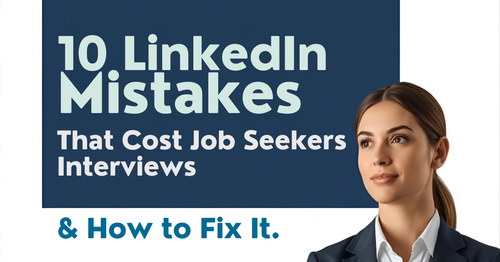
10 LinkedIn Mistakes That Cost Job Seekers Interviews (How to Fix It)
Guest blogger outlines how to avoid these LinkedIn mistakes to drastically improve your chances of being noticed, whether you’re actively job hunting or just trying to grow your professional presence.
-
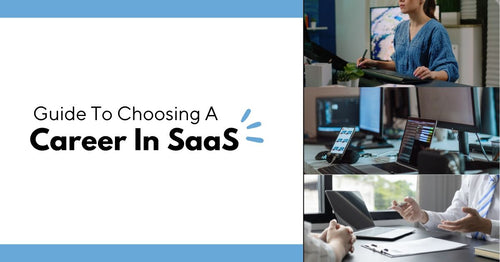
Guide To Choosing A Career In SaaS
Thinking about a career in SaaS? Guest blogger Jacob Wickett shares top roles, key skills, and how to break into this fast-growing industry.
-
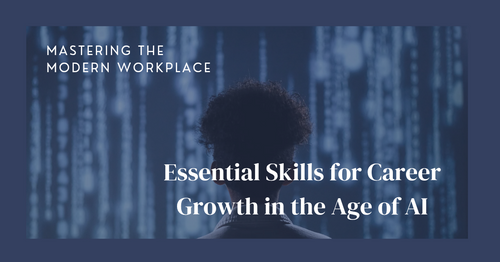
Mastering the Modern Workplace: Essential Skills for Career Growth in the Age of AI
Guest blogger Sadie Smith shares a comprehensive guide to help professionals navigate unprecedented changes driven by technological advancement with confidence.
-

Navigating Your Career Path with a Family Nurse Practitioner Degree Program
Guest blogger Sadie Smith reveals how strategic planning in your healthcare career broadens your impact on patient care and community health.
-

Career Transitions: Navigating Your Path to Success in Healthcare and Beyond
Guest blogger Sadie Smith shares how to leverage your existing skills and experience while pursuing new career opportunities in healthcare and other industries.
-

Breaking Barriers: A Guide to Empowering Women in Manufacturing Leadership
Guest contributor Sadie Smith shares this comprehensive guide on how women can reshape the manufacturing industry landscape with actionable insights.
-

Navigating An Evolving Job Market With Strategies For Success
To thrive in a dynamic job market, you need to continuously adapt your job search strategies. Stay informed and flexible to position yourself for success.
-

Can Workplace Harassment Occur Over Social Media?
Guest blogger Caren Sainz breaks down how to set clear boundaries and seek legal assistance if you're a victim of workplace harassment over social media.
-

4 Personal Assistant Interview Questions and Answers
Guest blogger Liza Griffen, co-founder of Tyler Griffen, equips you with a deep understanding of typical interview questions and practical answers to help you showcase your skills effectively whether you're aiming to impress in your first personal assistant role or looking to step up in your career.
-

Crack Your Dream Company Interview
Guest contributor Nandkishore Rathi shares practical tips, strategies, and insightful advice from career experts to help you shine during written and verbal interviews.
-
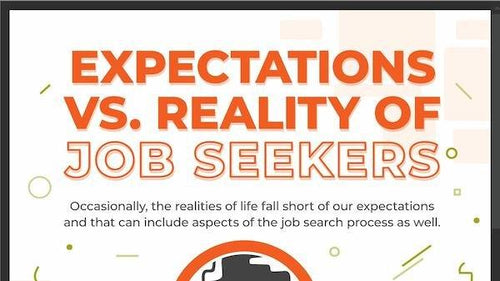
Exploring The Realities Of Job Hunting (Infographic)
Guest contributor Joseph Matalone delves into common expectations in job seeking and the contrasting realities.
-

Don't Panic: 15 Ways To Prepare For A Video Interview
Guest blogger Daniel Boyce with Aware Recruiter delves into 15 actionable steps to prepare you for a stellar video interview experience whether you're a seasoned professional or just stepping into the job market.
-

5 Signs That A Company Values Employee Wellness And Safety
Guest blogger Sharon Feldman shares how asking questions about wellness and safety in your interview could give you insight into a company’s values.
-

Can An Employer Fire You For Being Sick?
Many employers can terminate an employee for falling sick frequently. Guest blogger Natalie Padilla shares all you need to know regarding being fired by an employer.
-

Tips On Building A Positive And Supportive Workplace
Guest blogger Adam Blacksmith shares how to embrace communication, celebrate diversity, and empower your team for success by fostering a positive and supportive workplace culture.
-

AI: Transforming Networking, Interviews, and Careers
Guest Author, Dean Fankhauiser. discusses how AI is revolutionizing networking, interviewing, career planning, and professional advancement.
-

Preparing for Different Interview Formats: Phone, Video, and In-Person
Interview Coach Ellie Hoekman shares specific preparation steps for phone, video, and in-person interviews.
-

Negotiating A Competitive Salary
Guest blogger Rohan Singh shares strategies for negotiating a fair salary that reflects your worth and fulfills your goals.
-

The Benefits of Coaching in the Workplace
Guest blogger, William Powell, shares some of the concrete examples of the benefits associated with employee coaching.
-

10 Facts & Stats About Sexual Harassment in the Workplace
Guest blogger Sharon Feldman shares how many people experience harassment every day, including at their place of work, to increase awareness.
-

The Ultimate Temping Guide for Beginners
Guest blogger Auria Heanley with Oriel Partners shares insight into what a temp job is and what to expect in order to make the most of a new job opportunity.
-

High Paying Career Paths After Learning Python
Guest blogger Rose Young with Codebasics.io shares some of the promising career paths you can explore after learning Python programming.
-

How To Ace Your Interview With A Staffing Agency
Guest blogger William Powell shares how to prepare adequately for an interview with a recruiting agency to increase your chances of landing your dream job.
-

How Do You Know When It's Time To Quit Your Job?
Guest blogger Katie Meyers shares when quitting your job is the right thing and how to go about it.
-

5 Things You Need To Know About Job Interviews To Succeed
Guest blogger Marcus Ralph shares 5 tips on what you can do before a job interview to be best prepared to make a solid first impression and land the job.
